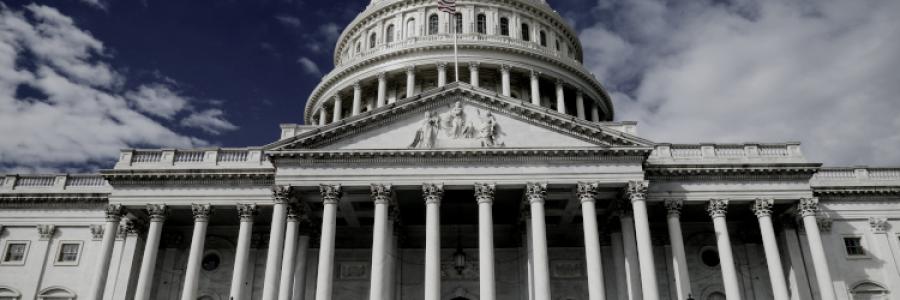Let Us Reason Together
For those who hoped that our experience of living in times of crisis might end with 2020, I do not need to tell you that your hopes have already been dashed.
We might consider the string of crises that date back to last March as separate events, or we might think of them as one multi-faceted whole. We might also discuss those who appear to have engineered them, manipulated them or benefited from them.



Discussion